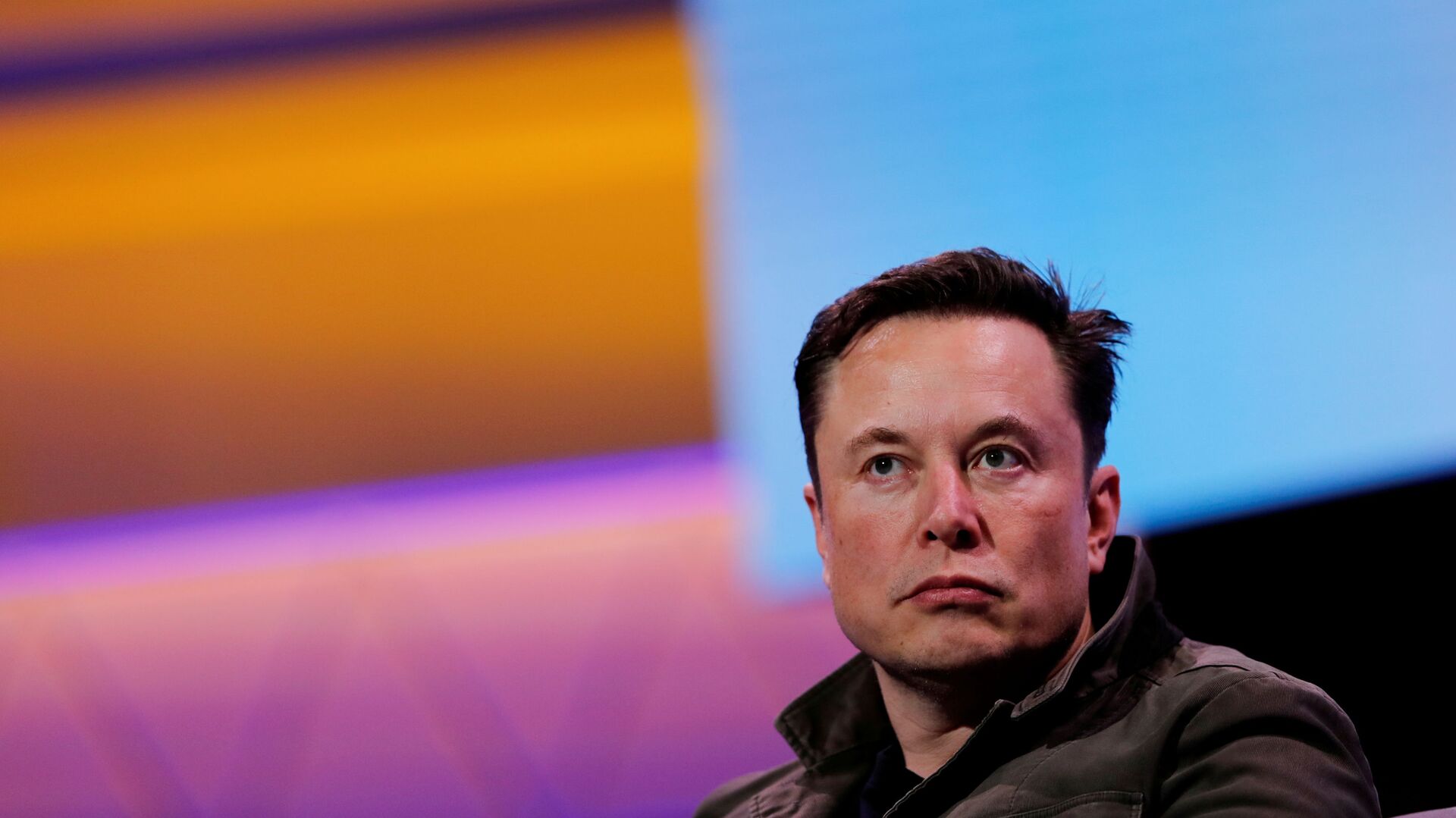https://sputnikglobe.com/20211214/scientists-criticise-elon-musks-idea-of-creating-futuristic-noahs-ark-and-sending-it-to-mars-1091517433.html
Scientists Criticise Elon Musk's Idea of Creating Futuristic Noah's Ark and Sending It to Mars
Scientists Criticise Elon Musk's Idea of Creating Futuristic Noah's Ark and Sending It to Mars
Sputnik International
The tech maverick's space company is working on a next-generation spaceship that is expected to dramatically reduce the cost of space launches and simplify space travel.
2021-12-14T14:28+0000
2021-12-14T14:28+0000
2021-12-14T14:28+0000
elon musk
science & tech
space explosion
https://cdn1.img.sputnikglobe.com/img/07e5/04/19/1082717043_0:161:3071:1888_1920x0_80_0_0_2a0293657376c83bc10ec692bfad4b04.jpg
He has revolutionised the auto and space industries, he invents new means of transportation, he is working on preventing humanity's war with AI (by teaching a monkey to play pong using its mind), he has been named Time's person of the year, but he is no prophet Moses. That's what scientists said after hearing Elon Musk's idea about creating a futuristic Noah's Ark and sending it to Mars.The tech maverick made the statement on Monday, while speaking about SpaceX's plans to colonise the Red Planet.Sсientists, however, have poured cold water on the company's plans.Jonathan McDowell, an astrophysicist at the Harvard-Smithsonian Centre for Astrophysics, too was highly sceptical of the idea, although he admitted that by the end of the century the first Martian settlers could bring their pets to the Red Planet.Despite researchers having taken Elon Musk's proposal with a grain of salt, there were those who stressed the necessity of having big thinkers and individuals who dare to push the boundaries of the space industry.Professor Dave Brain, an assistant professor of astrophysics and planetary science at the University of Colorado at Boulder, said Elon Musk raised relevant questions.SpaceX is currently working on a next-generation spaceship called Starship that is expected to dramatically reduce the cost of space launches and simplify space travel. The company has already carried out tests of the ship's Super Heavy booster rockets.On 9 December, the Federal Communications Commission (FCC) granted SpaceX a license to conduct an experimental orbital launch, which is scheduled to take place between December 2021 and March 2022. SpaceX previously said it plans to land the first space tourists on the Moon in 2022 and on Mars before 2030.
Sputnik International
feedback@sputniknews.com
+74956456601
MIA „Rosiya Segodnya“
2021
News
en_EN
Sputnik International
feedback@sputniknews.com
+74956456601
MIA „Rosiya Segodnya“
Sputnik International
feedback@sputniknews.com
+74956456601
MIA „Rosiya Segodnya“
the tech maverick, person of the year, the enrepreneur said, creating a futuristic noah's ark, sending it to mars, poured cold water over,
the tech maverick, person of the year, the enrepreneur said, creating a futuristic noah's ark, sending it to mars, poured cold water over,
Scientists Criticise Elon Musk's Idea of Creating Futuristic Noah's Ark and Sending It to Mars
The tech maverick's space company is working on a next-generation spaceship that is expected to dramatically reduce the cost of space launches and simplify space travel. Initially, SpaceX planned to send humans to the Red Planet in 2024, but recently delayed the project, saying it will likely occur before 2030.
He has revolutionised the auto and space industries, he invents new means of transportation, he is working on preventing humanity's war with AI (by
teaching a monkey to play pong using its mind), he has been named
Time's person of the year, but he is no prophet Moses. That's what scientists said after hearing Elon Musk's idea about creating a futuristic Noah's Ark and sending it to Mars.
The tech maverick made the statement on Monday, while speaking about SpaceX's plans to colonise
the Red Planet.
"The next really big thing [after landing humans on the planet] is to build a self-sustaining city on Mars and bring the animals and creatures of Earth there. The goal overall has been to make life multi-planetary and enable humanity to become a spacefaring civilisation", Musk said.
Sсientists, however, have poured cold water on the company's plans.
"Humans might be smart enough to don oxygen breathing systems, but would an animal be smart enough to adjust such a system if it was falling off its face? I don't think so. We would end up with a lot of dead animals. Let's try botanical gardens first", said Roger Wiens, who is leading the SuperCam laser instrument on the Perseverance rover on Mars.
Jonathan McDowell, an astrophysicist at the Harvard-Smithsonian Centre for Astrophysics, too was highly sceptical of the idea, although he admitted that by the end of the century the first Martian settlers could bring their pets to the Red Planet.
"If we are someday to build a human civilisation on Mars that is self-sustaining, then yes, we will have to do the Noah's Ark thing at some level. Is Musk anywhere close to doing this - not at all. We have just begun to tiptoe into space", Mr McDowell said, adding that it will take centuries until humans can raise animals on the Red Planet.
Despite researchers having taken
Elon Musk's proposal with a grain of salt, there were those who stressed the necessity of having big thinkers and individuals who dare to push the boundaries of the space industry.
Professor Dave Brain, an assistant professor of astrophysics and planetary science at the University of Colorado at Boulder, said Elon Musk raised relevant questions.
"We don't know how to do this yet, and it's not clear that this is feasible for Mars. But without people pushing on the idea it will take a very long time to find an answer", he said.
SpaceX is currently working on a next-generation
spaceship called Starship that is expected to dramatically reduce the cost of space launches and simplify space travel. The company has already carried out tests of the ship's Super Heavy booster rockets.
On 9 December, the Federal Communications Commission (FCC) granted SpaceX a license to conduct an experimental orbital launch, which is scheduled to take place between December 2021 and March 2022. SpaceX previously said it plans to land the first space tourists on the Moon in 2022 and on Mars before 2030.



